Have you ever tried to explain a part of your life to someone—a past relationship, a career change, a moment that changed everything—and found yourself instinctively shaping it into a story? You set the scene, you introduce the characters, you build the tension, you reveal the climax. We are, at our core, narrative creatures. We don’t just live; we interpret. But this raises a dizzying set of questions. If life is a story, who’s writing it? Are we free agents creating our own plot, or are we characters living out a pre-written script? The quest for finding meaning in life often feels like trying to read a book while you’re still in the middle of it, desperately trying to figure out the theme before the author has revealed the ending.
Free Will vs. Destiny: The Ultimate Writer’s Room Debate
Let’s start with the big one, the question that has kept philosophers up at night for centuries. Are you the author, or are you the character? One school of thought, the free will camp, hands you the pen. Every choice you make—from hitting the snooze button to changing your entire life’s trajectory—is you, writing your own story, sentence by agonizing sentence. You are the protagonist, the narrator, and the all-powerful author. It’s empowering, right? But it’s also terrifying. It means every bad decision, every cringey plot point, every narrative dead-end… that’s on you. There’s no one else to blame. Then you have the destiny argument, the idea that the book is already written. We are simply characters turning the pages, acting out our roles. There’s a strange comfort in this, isn’t there? It absolves you of so much pressure. That terrible breakup? That job you hated? It was all just a necessary part of your character arc, moving the plot forward. It’s so much easier to blame a celestial screenwriter for that time you decided bangs were a good idea in the middle of a humid summer. But the comfort comes at a cost: a loss of agency. Maybe the truth isn’t a choice between the two. Maybe life is more like a “Choose Your Own Adventure” book, where the structure is set, but your choices genuinely create different paths within the grander story. What does it feel like for you? When you look back, do you see a chain of deliberate choices, or a series of events that couldn’t have gone any other way?
The Editing Room of Memory: You and Your Biased Director’s Cut
No story is ever the raw, unedited footage of what happened. It’s a curated selection of scenes, arranged to create a specific effect. And your memory is the most biased editor in the business. Think about it. When you recall your past, you’re not accessing a perfect video file. You are reconstructing it. You choose the starting point. You choose which details to zoom in on—the triumphant moment you proved someone wrong—and which to let fade into the background—the ten years of hard, unglamorous work that led to it. We cast people in roles: the villain, the mentor, the comic relief. And funnily enough, in our own internal director’s cut, we are almost always the sympathetic hero. That argument you had last week? In your version, your points were eloquent and devastatingly logical; the other person was clearly being unreasonable. The “objective” truth is likely somewhere in the messy middle. This isn’t a moral failing; it’s a human survival mechanism. We craft narratives to make sense of the chaos, to justify our actions, to create a version of ourselves we can live with. The real philosophical workout is to ask: What am I choosing to leave on the cutting room floor? Who have I cast as a villain in my story that might be the hero of their own? Acknowledging your role as the editor of your own history doesn’t invalidate your story; it deepens it. It adds a layer of self-awareness that is, in itself, a mark of a great protagonist.
What’s the Theme Here Anyway? Uncovering Your Life’s Central Message
Every great book has a theme, a central idea it’s wrestling with. It might be the corrupting nature of power, the endurance of love, or the search for identity. So, what’s the theme of your book? This can feel like an impossible question. We’re too close to it, still stuck in the middle of Act Two, to see the big picture. Some people seem to be living a clear theme from the start—a life dedicated to service, or art, or family. For many of us, though, the theme is a moving target. Maybe your twenties were a chaotic adventure novel about freedom and self-discovery. Then a “plot twist”—a loss, a new love, a sudden responsibility—hits, and suddenly the book you thought you were in becomes a different genre entirely. The theme shifts from “freedom” to “resilience” or “connection.” Perhaps the most profound realization is that the theme isn’t something we find, as if it were a hidden clue. It’s something we create through the act of interpretation. By looking back at the seemingly random chapters of your life and asking, “What does this all mean?” you are actively weaving the narrative thread. You are assigning meaning. The search for the theme is the theme. It’s a lifelong story about the very human, very beautiful struggle of finding meaning in life.
The Supporting Cast and the Interwoven Narratives
No protagonist is an island. Your story is inextricably linked with countless others. The people in your life aren’t just minor characters who exist to move your plot forward; they are the protagonists of their own sprawling, complex epics, and you are a character in theirs. Sometimes you’re a main character in someone’s chapter, and sometimes you’re just a background extra who appeared in a single scene. This is where life becomes a vast, interconnected library of stories. Your narrative thread weaves around your family’s, your friends’, your community’s. Their triumphs become subplots in your story; their tragedies become turning points that shape your own arc. There is something both humbling and deeply comforting in this. It reminds us that our personal struggles are part of a larger human tapestry. And it means that when a major character exits our story—through distance, disagreement, or death—the hole they leave is profound. Their thread is gone, and the pattern is forever changed. The story must go on, but it will never be the same. Recognizing this interconnectedness forces us to ask: What role am I playing in other people’s stories? Am I contributing to a narrative of kindness, of conflict, of support? Our lives are not monologues; they are a constant, improvisational dialogue with the stories all around us.
Your life is not a tidy, linear novel with a clear beginning, middle, and end. It’s probably more like a messy first draft, full of crossed-out sentences, notes in the margins, and entire chapters you wish you could rewrite. But it is a story. And it is yours. The beauty isn’t in having it all figured out, but in the brave, ongoing act of trying to make sense of the pages, of finding the poetry in the chaos, and of continuing to write, even when you have no idea what happens next.
So, let me ask you this: If you had to give a title to the current chapter of your life, what would it be? Not your whole life, just right now, this very phase. Let us know in the comments below. Let’s see what kind of stories we’re all living.
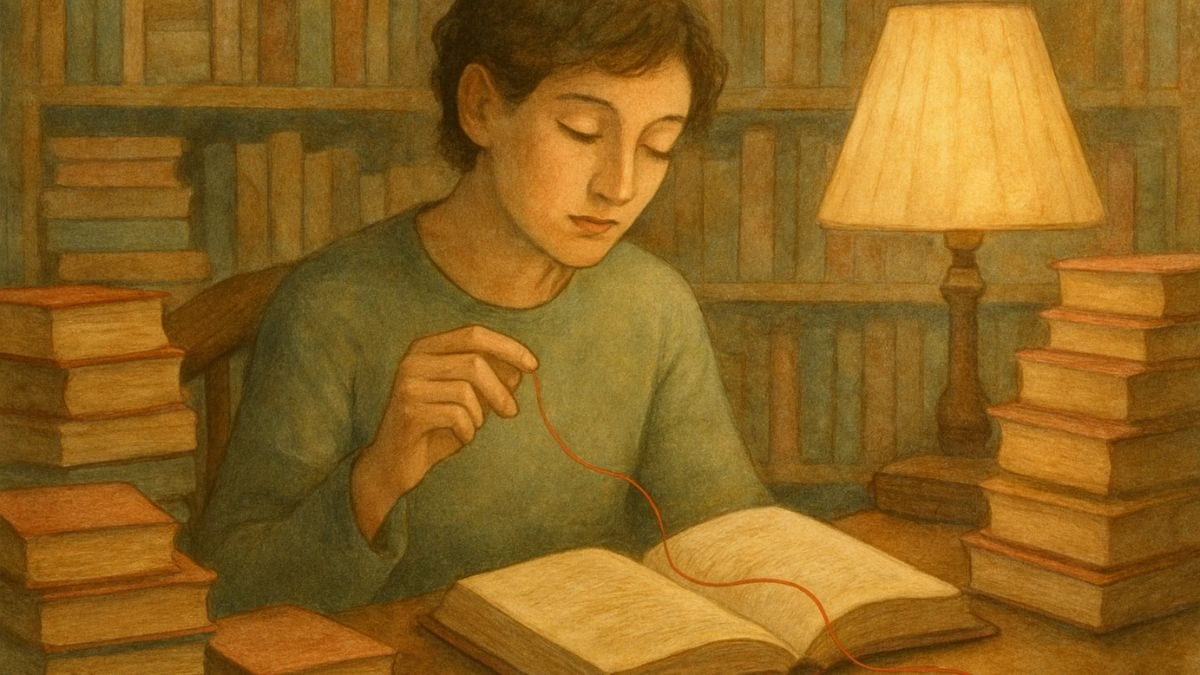
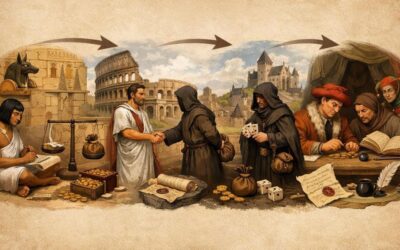

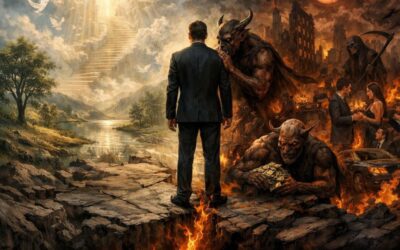
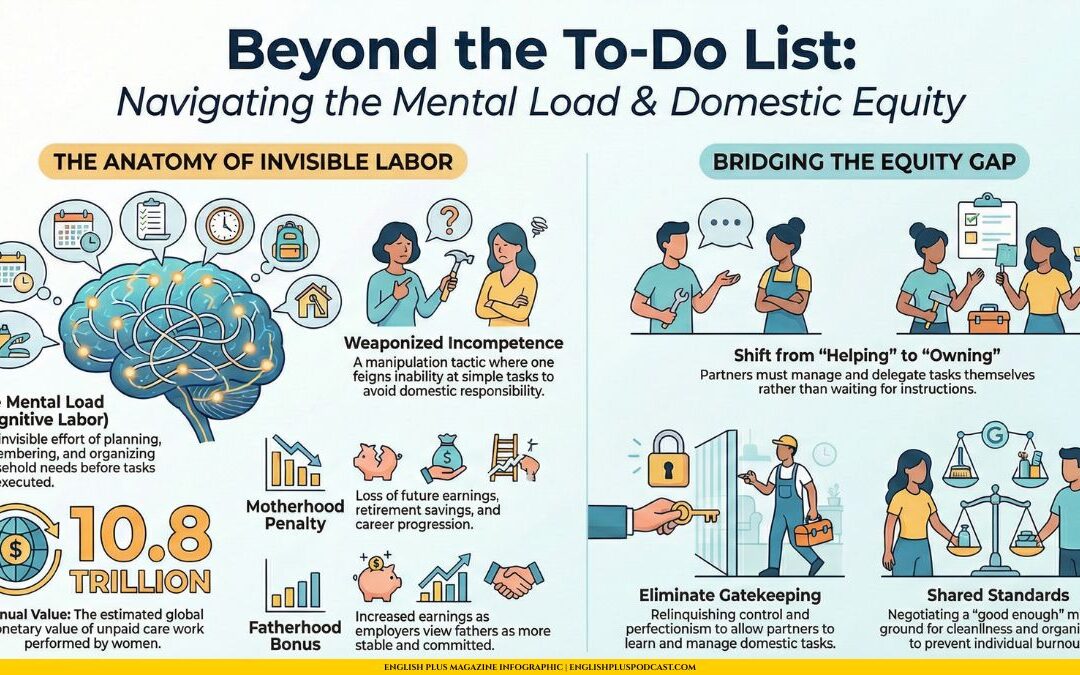
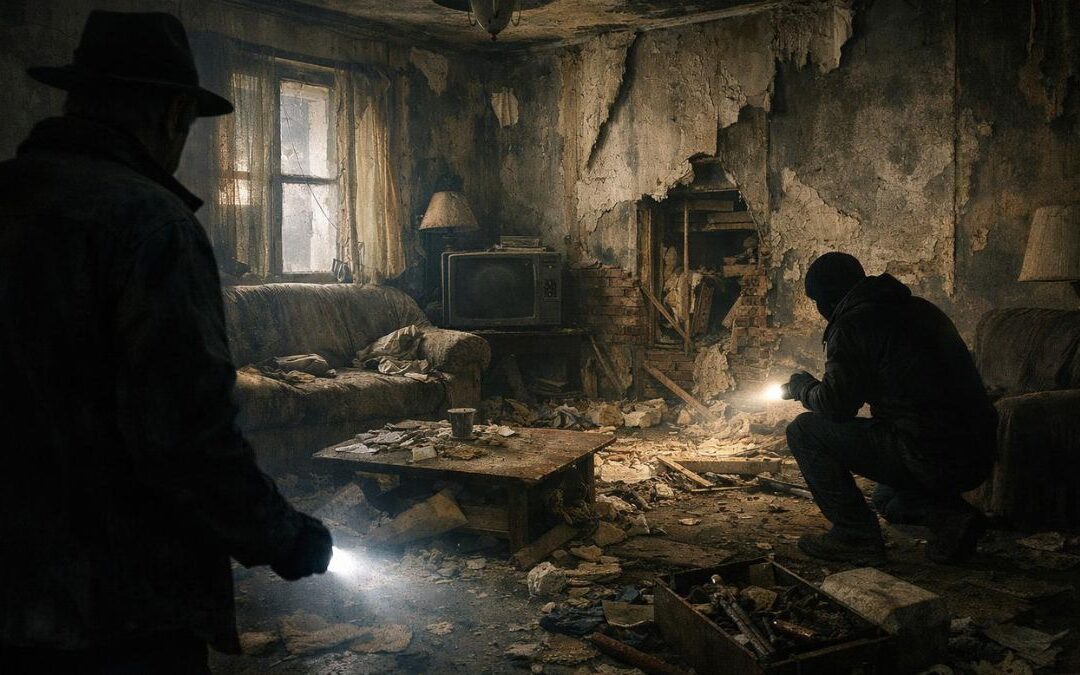



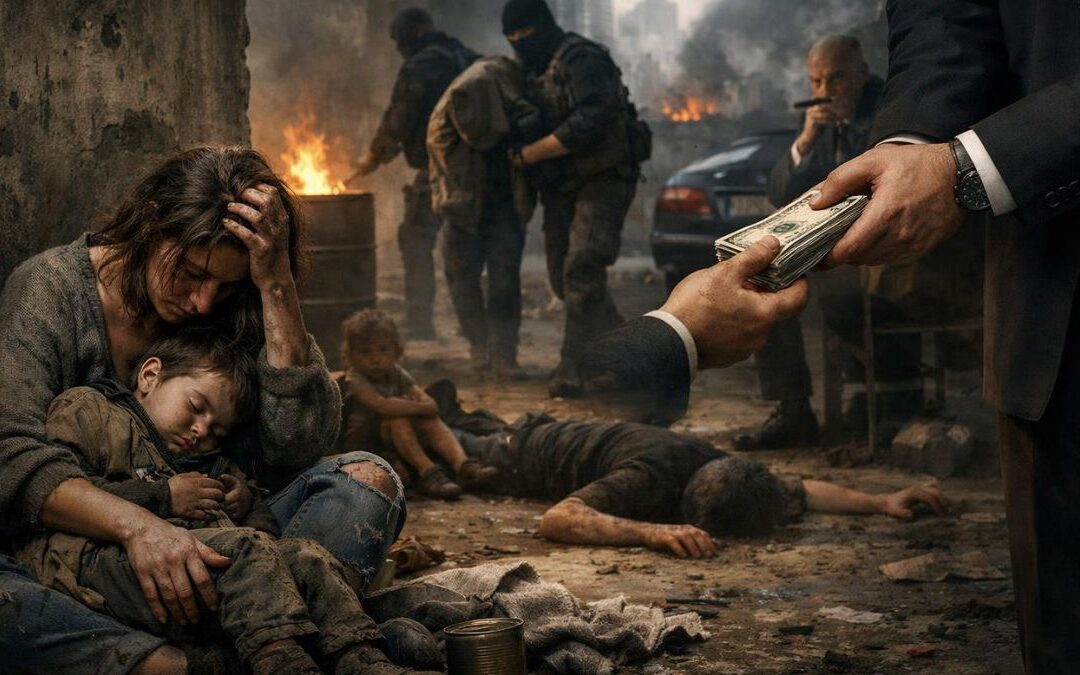
0 Comments